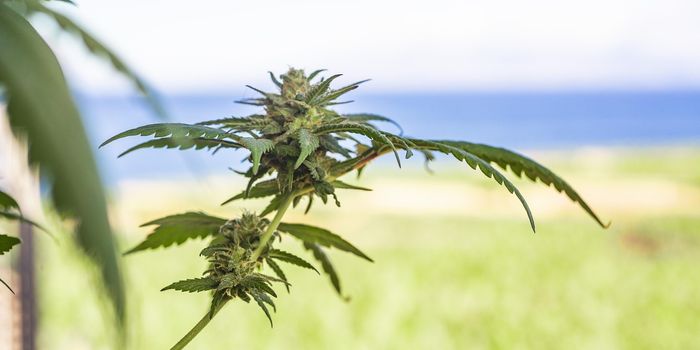Cannabidiol's Role in Psychiatry
How can health professionals in the clinical psychiatry field make sense of cannabis products boasting various health claims? One professor’s presentation at the 2019 Psych Congress sought to address this issue, providing clinicians insight on how to advise their patients interested in cannabis products to supplement their health.
The 2019 Psych Congress was held in San Diego, California last week and consisted of psychiatrists, physician assistants, nurse practitioners, psychologists, and any other healthcare professional in the mental health field. As many clinicians and researchers do at the beginning of a discussion on cannabidiol (CBD) or other non-psychoactive components of cannabis, University of California, San Francisco (UC-SF) professor Andrew Penn, RN, MS, NP, PMHNP-BC, began his presentation by explaining the differences between the two arguably most infamous cannabinoids: tetrahydrocannabinol (THC) and CBD.
While making it clear that THC is psychoactive and CBD is not, Penn acknowledged that it is still not a case of “good guy” and “bad guy.” The reality is that the scientific literature lacks a sufficient amount of reliable clinical trials to back up most health claims for CBD and other cannabis-based compounds. In his presentation, Penn reviewed existing studies supporting CBD use in various disease states such as anxiety, depression, post-traumatic stress disorder (PTSD), schizophrenia, sleep disorders, autism, and eating disorders. Some small clinical trials have been done to provide evidence for therapeutic uses of CBD in this disease states, but most of the evidence is anecdotal.
Penn explained that THC reduces activity at both the “default mode” and the “salience networks” of the brain, a multifaceted influence that is largely responsible for the “high” associated with cannabis products. CBD limits THC’s psychoactive influence, so the ratio of CBD to THC in various cannabis products has a large impact over the product’s effect on the person utilizing it.
Penn recommends that for patients interested in CBD, clinicians should advise oral formulations over inhaled products because of recent negative health implications association with inhalation. His maximum recommended dose of CBD as 0.25 mg/kg; his instructions are to start low and increase slowly.
“The way I see CBD in psychiatric practice right now is that we are really in an in-between space where we have a small handful of studies, usually looking at very large doses of CBD in disease states like schizophrenia and anxiety, and we do not have good clinical data on smaller doses, which are more representative of what patients are generally taking and what they can access through dispensaries,” Penn said in a Psychiatry Advisor article. “It creates this disconnect between what we are seeing in our offices and what the small amount of research has shown us. Until we get more data, we have to work with our patients and find out what they are doing, and, ideally, report that into a larger space and publish it so that other clinicians can learn from it.”
Sources: Psychiatry Advisor, Psychiatry & Behavioral Health Learning Network








